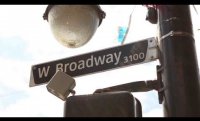Charles Alexander's Grand Collage
P&W-supported writer Charles Alexander is a poet, bookmaker, and founder/director of Chax Press. He is the author of five full-length books of poetry and ten chapbooks, and the editor of a critical work on the state of the book arts in America. His most recent book of poetry is Pushing Water, published by Cuneiform Press. Some Sentences Look for Some Periods, a chapbook, has just been released by Little Red Leaves. He has taught literature and writing at Naropa University, the University of Arizona, and elsewhere. He lives in Tucson, Arizona, with his partner, the painter Cynthia Miller.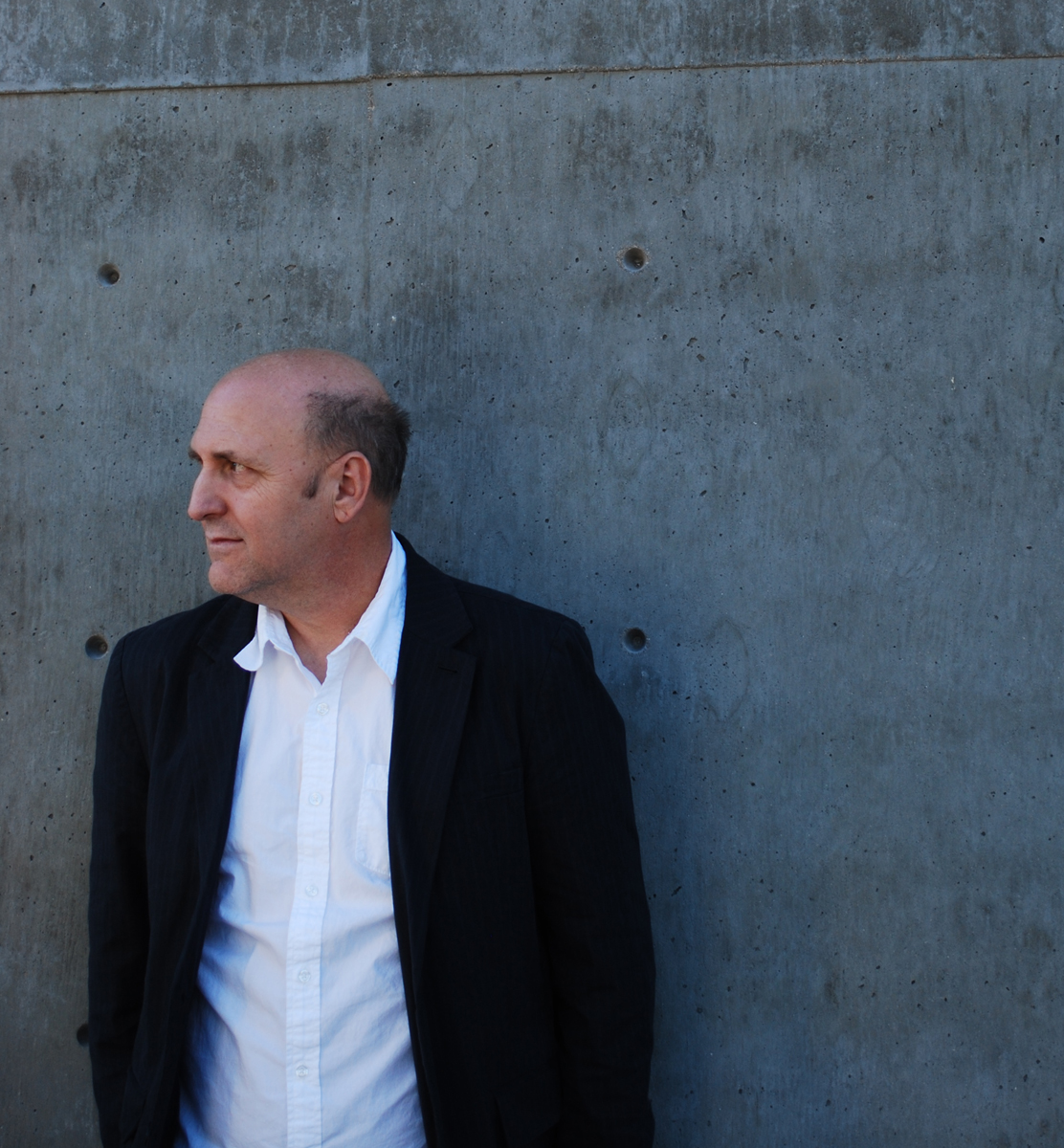
What makes your press unique?
I might say, with Frank O’Hara, that we are “trying to keep it somewhere between mess and message,” i.e. while we have an overall purpose to support a broad range of innovative American poetry, the books happen because something grabs me. I have been asked how I can reconcile Chax Press’s interest in both the poetics of Black Mountain and that of language poetry; I see no contradiction in that reach, but rather an openness to various forms.
We also show our roots, i.e. that we began publishing books with handset type, printed on the Vandercook Press. We still publish such books, along with a lot more trade paperback books of terrific poetry.
Another fact that makes us unique: Chax has never offered a prize, and has almost never submitted our books for prizes, because we don’t believe that competition and recognition (of that variety) are what it’s all about.
What recent project and/or program have you been especially proud of and why?
The work of Linh Dinh seems to me some of the most creative and challenging poetry of our time. I am so glad we have been able to publish three of his books, including The Deluge, an anthology of new Vietnamese poetry, which he edited.
And of course, it doesn't hurt to look at recent books on our shelves by Alice Notley (Reason and Other Women), Maureen Owen (Edges of Water), Lisa Samuels (Anti M), and Will Alexander (Inside the Earthquake Palace), among others.
Plus, I get to work with young interns with terrific ideas.
As a book artist trained in letterpress printing, hand papermaking, and bookbinding, what are your thoughts on how e-books and new technologies are changing our concept of the book?
Books happen more quickly, get to people more quickly, and are more ever-present in our increasingly electronic lives. There is a lot of good about this, though I sometimes think people are reading bits and pieces more—songs rather than albums, greatest hits more than a poet’s deep immersion in a project. One terrific thing is that more young people are publishing works in new ways. As Charles Olson wrote in “The Kingfishers,” “what does not change/is the will to change.”
How do you prepare for a reading (especially if a reader’s experience of the text is linked with the book as a medium)?
While a book may have an intimate relationship with the form of a work, it can never be the defining form for that work. A live reading brings out something else entirely. When I give readings, I do not assume that the audience has read my work. I’m often surprised that they have, but I think a poet has to be attuned to that moment’s creation.
What do you consider to be the value of literary programs for your community?
So much! The word rouses the spirits of individuals, who then work and act in the community. Works of art in language challenge people to understand how language and life interact. Chax Press grew out of my practice as a poet and my sense of community with other poets. Its purpose has always been to contribute to a very wide community, one that is spread out in the present and that goes back deeply in time, forming something like what the poet Robert Duncan might have called a “grand collage.”
But let's get specific about community. It takes some very special people. My partner, Cynthia Miller, has been beside me all but the first year of Chax Press, and has become the artist for the press, a board member, my studio mate, and much more. Tenney Nathanson is simply one of the best poets I have ever known or read; he has also been a mainstay on the Chax board and in my life. Tim Trace Peterson exquisitely edits EOAGH, which is a web partner with Chax. Other members of the local community that have made Chax what it is include Barbara Henning, Lisa Cooper Anderson, Steven Salmoni, Karen Brennan, the late Hassan Falak, Anne Bunker, Samuel Ace, Jefferson Carter, and many more.
On the Chax Press website, it says “Chax press publishes writing that does not take things for granted—things like ‘what is a poem,’ ‘what is an author,’ or ‘what does it mean to read.’” Have your experiences as a writer, publisher, and bookmaker helped answer any of these questions for you?
I remember Jerome Rothenberg once writing that poetry must keep asking the questions that cannot be answered. If “what is a poem?” ever has a definitive answer, I don't know that I'd like to write poems anymore. I love it that we are always extending language, extending the possible answers to these questions. The poem, questions about author and authority, and reading remain essential to my life and work.
Photo: Charles Alexander. Credit: Cybele Knowles.
Support for Readings/Workshops events in Tucson is provided by an endowment established with generous contributions from the Poets & Writers Board of Directors and others. Additional support comes from the Friends of Poets & Writers.





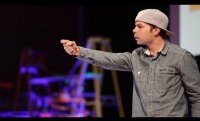
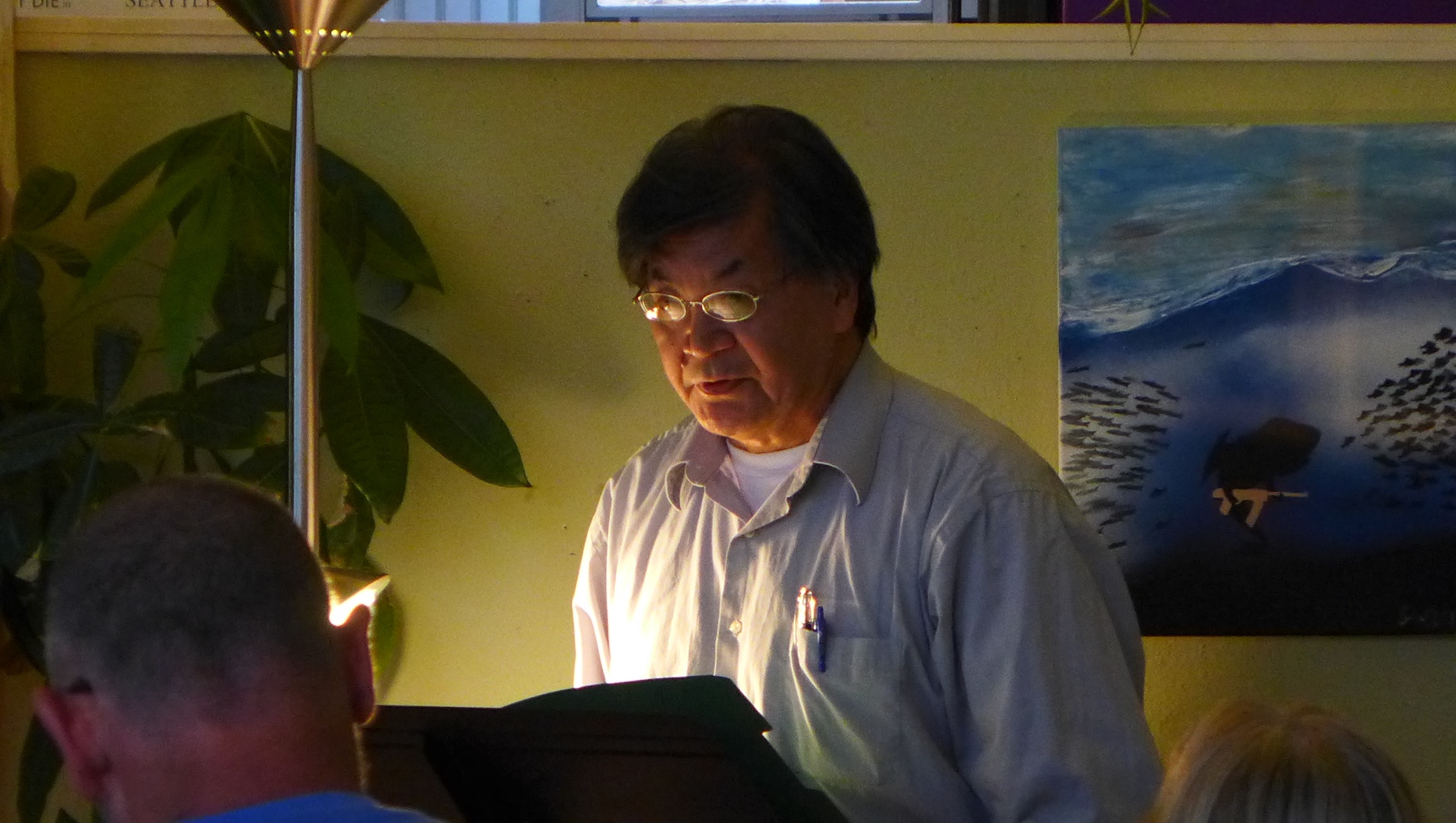 My most recent reading in Seattle—a production of the Chrysanthemum Literary Society with support from Poets & Writers, featuring several
My most recent reading in Seattle—a production of the Chrysanthemum Literary Society with support from Poets & Writers, featuring several 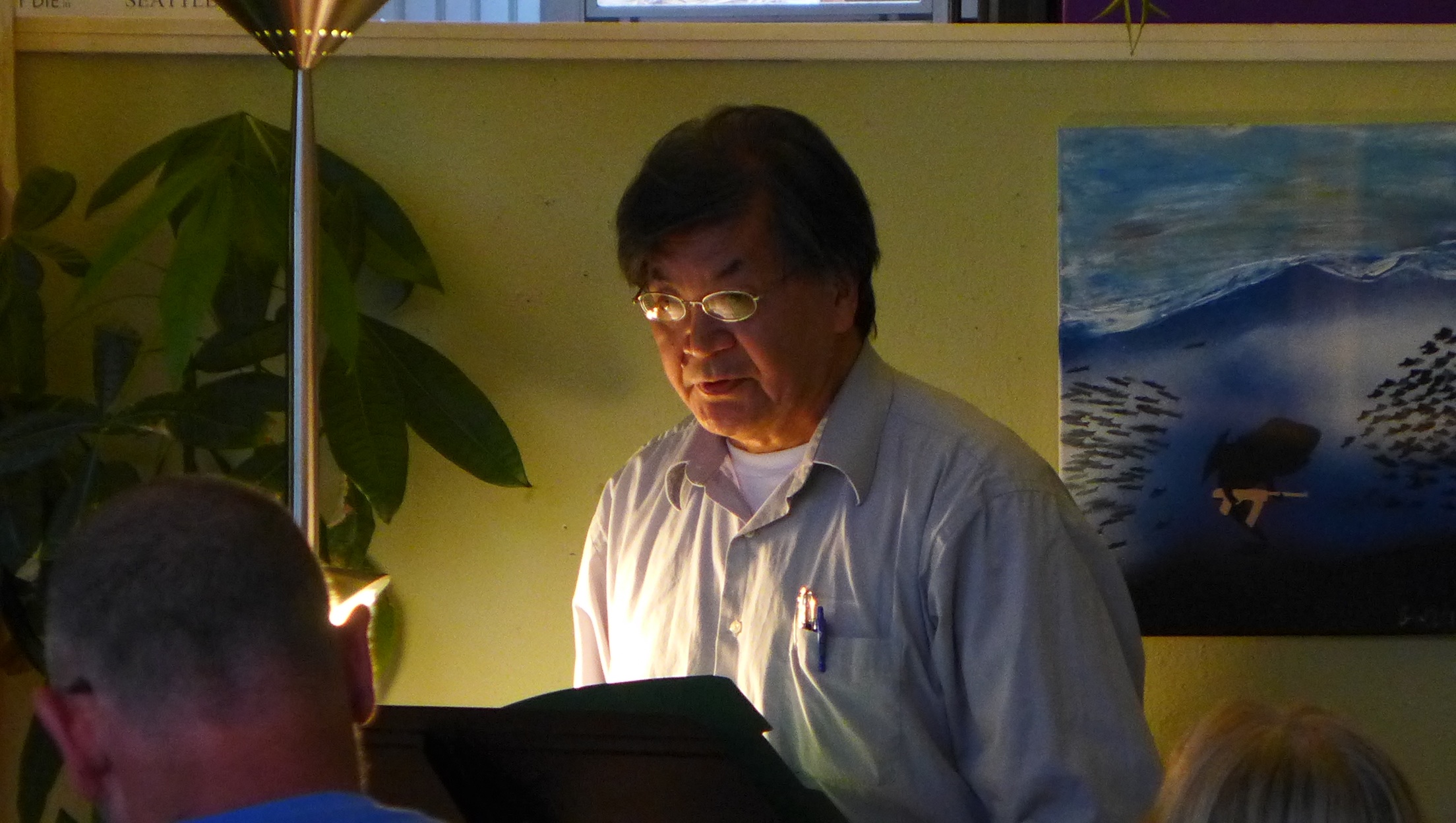 It might sound like a stretch, but poetry saved my life—along with the care of psychotherapists, the kindness of my dear friend Betty Irene Priebe, and a continuous parade of literary friends.
It might sound like a stretch, but poetry saved my life—along with the care of psychotherapists, the kindness of my dear friend Betty Irene Priebe, and a continuous parade of literary friends. 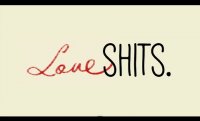
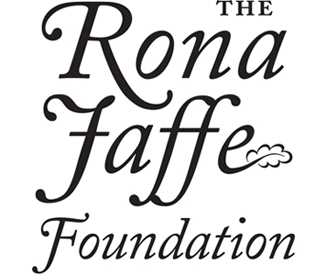 The Rona Jaffe Foundation Writers’ Awards program was established by author
The Rona Jaffe Foundation Writers’ Awards program was established by author 